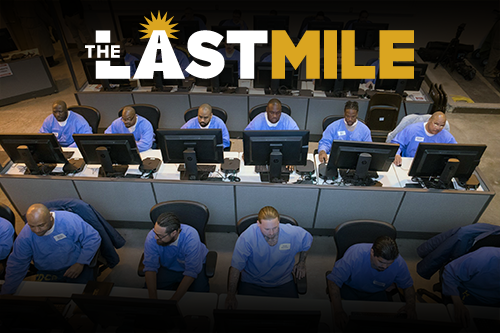Episode 29: Aloe Blacc
- 53:43
- October 16, 2023
Grammy nominated artist, Aloe Blacc joins The Last Mile Radio to discuss his identity as an activist artist, or as he calls himself, an “artivist.” Hear how he uses his platform to bring attention to important criminal justice reform issues.


